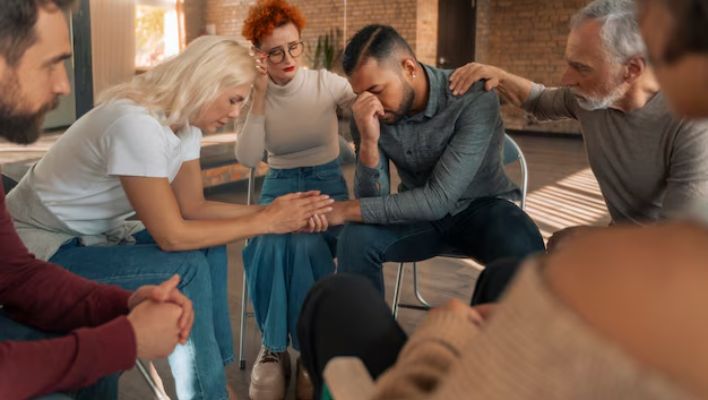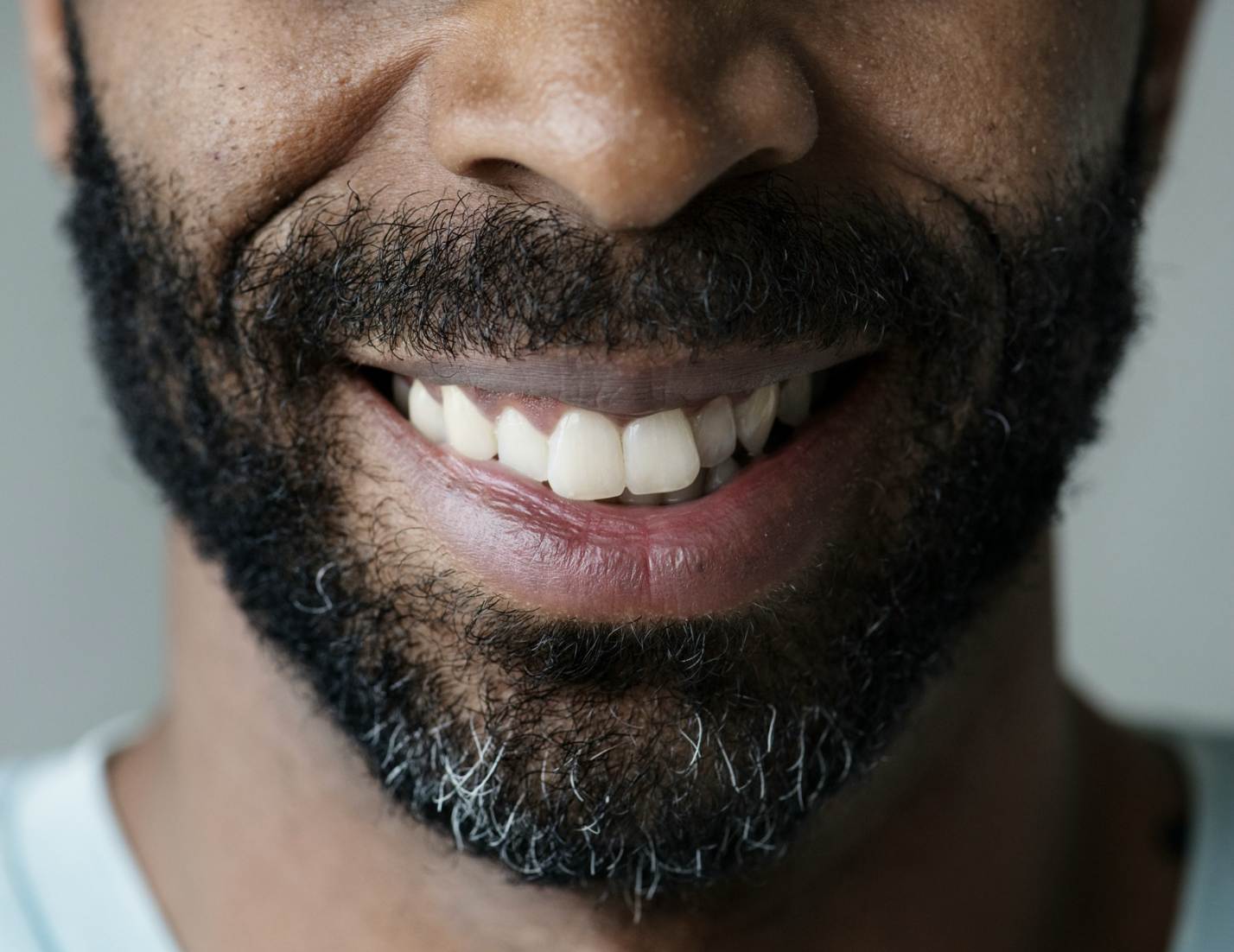Mental Stage in Recovery
Mental health recovery is not about “fixing” yourself. It’s about regaining stability, clarity, and confidence after a period of struggle. For some, recovery means processing past trauma. For others, it’s learning to manage ongoing conditions like anxiety, OCD, or CPTSD.
Whatever your starting point, recovery is about:
- Building self-awareness
- Finding emotional balance
- Creating a life that feels steady and meaningful
It’s a personal process. No two journeys look exactly the same, and progress is rarely a straight line. Some days will feel easier than others. What matters is the overall direction, toward more stability, connection, and freedom in your daily life.

The Mental Stages of Recovery
Understanding where you are in the process can help you set realistic expectations and measure progress. Common mental stages include:
- Self-awareness – Noticing patterns, triggers, and emotional states.
- Emotional regulation – Learning to manage strong feelings without becoming overwhelmed.
- Flexibility – Adapting to challenges without losing your footing.
Recognizing these stages can help you stay motivated and avoid feeling discouraged when change takes time.
The Five Stages of Change
Many people move through these phases during recovery:
- Precontemplation – Not yet aware or ready to address the problem.
- Contemplation – Recognizing the need for change.
- Preparation – Seeking help and making a plan.
- Action – Putting strategies into practice.
- Maintenance – Sustaining progress and preventing setbacks.
You might move back and forth between stages. That’s normal. Recovery is rarely a straight path.

Common Mental Health Challenges in Recovery
Certain conditions can make recovery more complex but still possible with the right support:
- OCD (Obsessive-Compulsive Disorder) – Can lead to intrusive thoughts and repetitive behaviours.
- CPTSD (Complex Post-Traumatic Stress Disorder) – Often linked to long-term trauma and difficulty feeling safe.
- Anxiety Disorders – May cause persistent worry, tension, or panic.
Early identification and treatment matter. Evidence-based approaches like Cognitive Behavioural Therapy (CBT), medication (when appropriate), and trauma-informed therapy can make a significant difference.
Practical Strategies for Mental Health Recovery
Recovery is supported by consistent habits and intentional choices. You can:
- Practice mindfulness – Build awareness of your thoughts and emotions without judgment.
- Move your body – Physical activity supports both mental and physical health.
- Seek therapy or counselling – Work with a trained professional for guidance and accountability.
- Build your support network – Surround yourself with people who encourage your growth.
These strategies work best when combined and practiced consistently.

Relationships and Recovery
Strong relationships can be a source of stability and encouragement. Deciding when to share your mental health history is personal. Many find it best to wait until trust is established. Open communication, honesty, and mutual respect can deepen connection and create a supportive environment for healing.
Treatment and Support Options
- Therapy – CBT, trauma therapy, or other evidence-based approaches.
- Medication – Antidepressants, mood stabilizers, or anti-anxiety prescriptions when appropriate.
- Support groups – Learning from others who’ve faced similar challenges.
Finding the right combination often takes time and experimentation.
Advocacy and Your Right
Recovery also means protecting your rights, at work, in healthcare, and in your community. Mental health advocacy reduces stigma and improves access to care. Knowing where to find trustworthy resources and legal protections can empower you to seek the help you need without fear or shame.
Domestic Violence Counselling
For survivors of abusive relationships, recovery includes rebuilding safety and trust. Domestic Violence counselling can help you:
- Process trauma in a safe space
- Rebuild self-esteem and confidence
- Learn healthy relationship boundaries
The goal is to help you regain control of your life and move forward with a renewed sense of safety and self-worth.

Getting Help
You’re not meant to do this alone. Options include:
- Online therapy
- Crisis hotlines
- Community mental health programs
Reaching out to a licensed professional or joining a support group can speed up recovery and make the process less isolating.
Recovery is possible. It’s not about being perfect, it’s about building a life that feels more stable, connected, and real. If you’re ready to take the next step, talking with a therapist can help you find the right path forward.
Frequently Asked Questions
How long does mental health recovery take?
It varies by person and condition. Some notice changes in weeks. Others take months. Focus on steady, repeatable habits and support.
What are the stages of mental health recovery?
Self-awareness. Emotional regulation. Flexibility. Many people also move through precontemplation, contemplation, preparation, action, and maintenance.
What are signs of progress in recovery?
Fewer spikes in distress. Faster returns to baseline. Better sleep and routines. Clearer boundaries. More days that feel manageable.
Can I recover without medication?
Some people do with therapy, routines, and social support. Others benefit from medication. Decide with a licensed professional.
How do I support a partner in recovery?
Listen. Ask what helps. Support routines and treatment plans. Avoid fixing. Encourage professional help when needed.
What should I do on a setback day?
Keep the basics. Eat, hydrate, move. Do one small task. Try a short check-in with someone safe. Resume your plan tomorrow.


